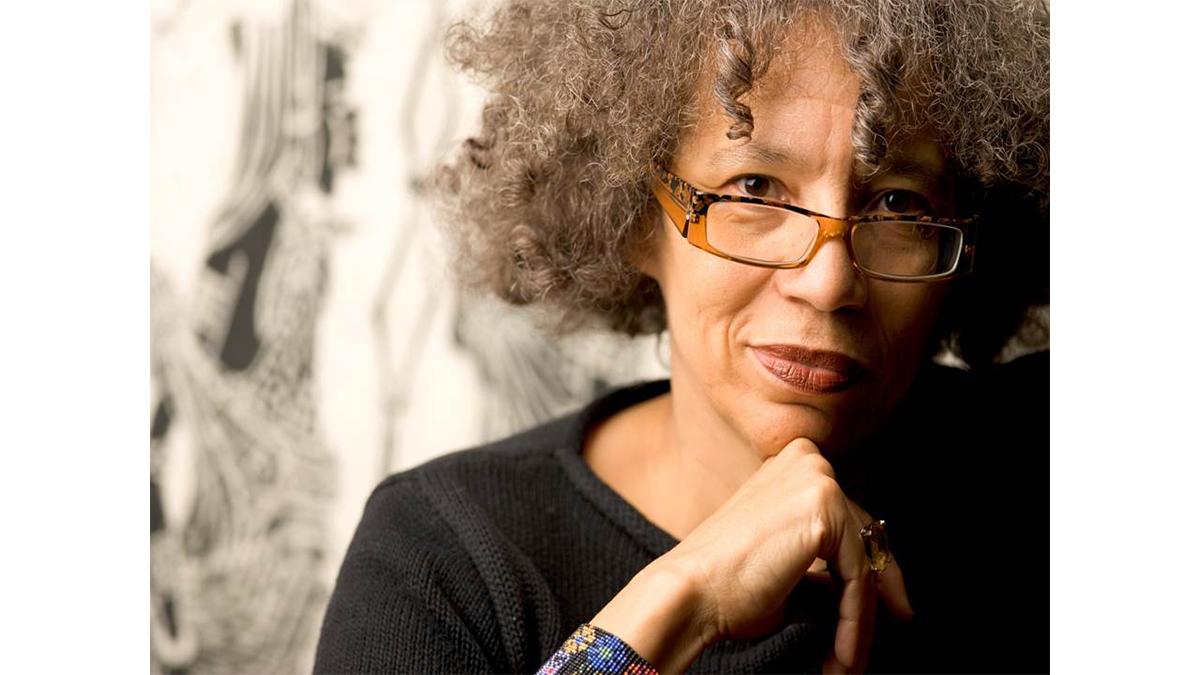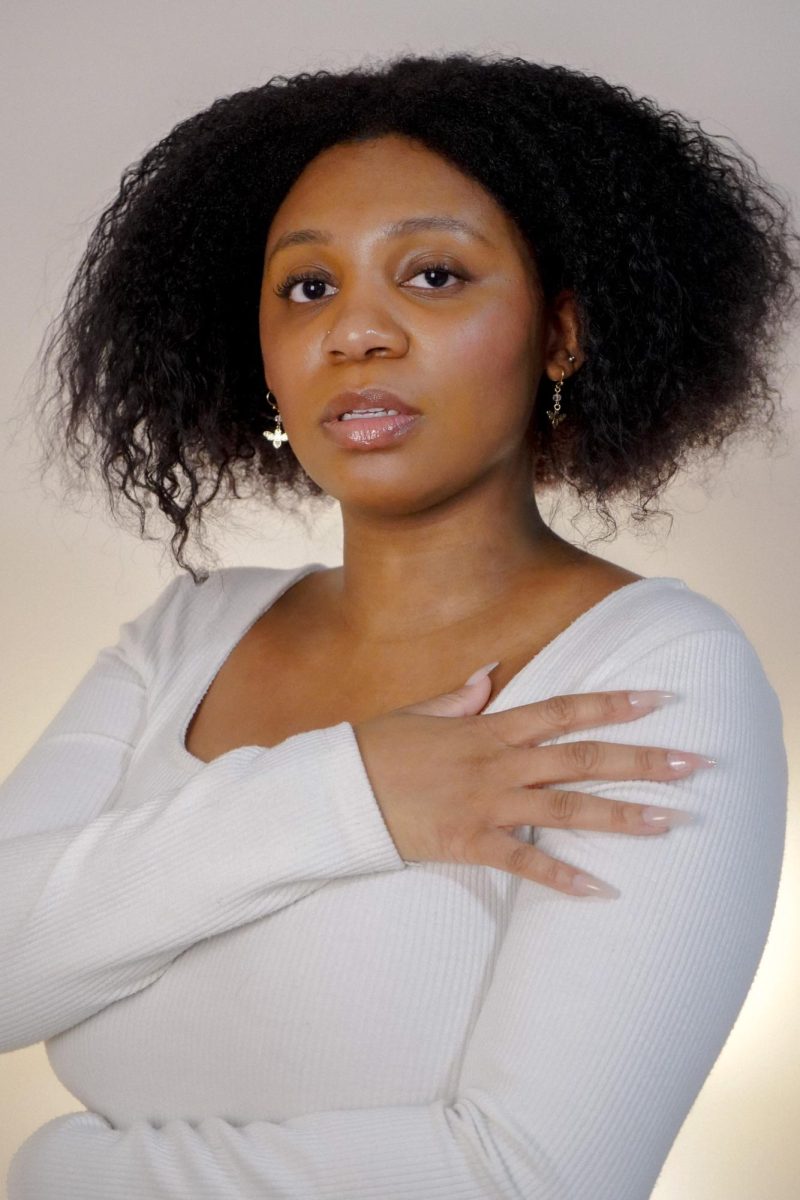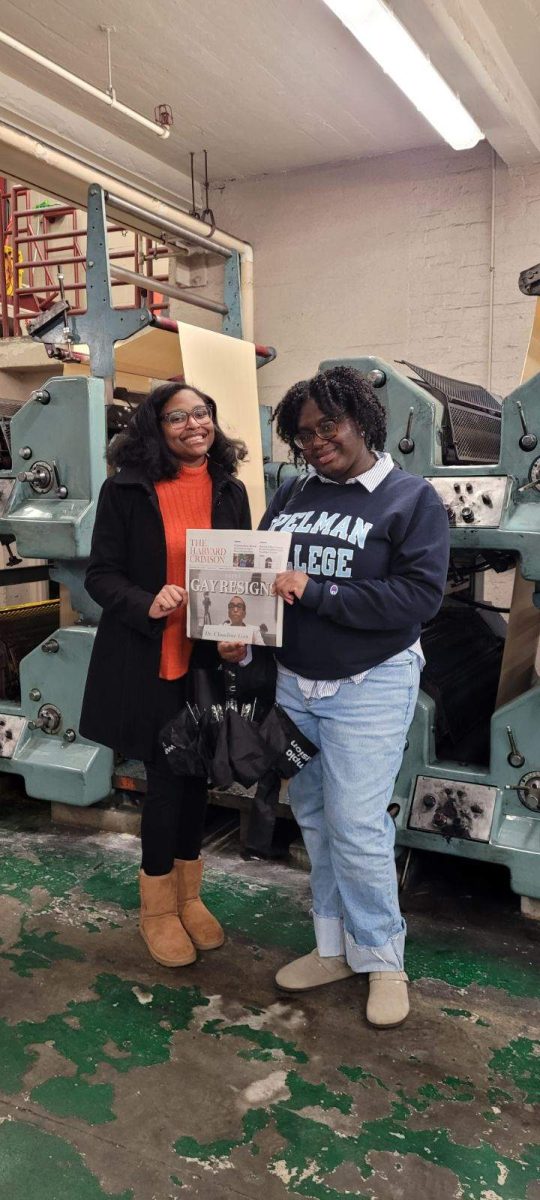For over 40 years, Dr. Beverly Guy-Sheftall has introduced feminism to Spelman’s campus by having open in-class discussions about global feminism, misogyny, and images of Black women in literature and media. Utilizing her platform, she has impacted how Spelmanites advocate for each other locally and globally. As she prepares to finalize retirement plans, the Blueprint honors her legacy as a pioneer and activist.
This profile delves into her growth throughout her extraordinary career, her contributions to Spelman, her vision for the Women’s Research and Resource Center’s future, and her favorite ways to practice self-care.
Dr. Beverly Guy-Sheftall, a native of Memphis, Tennessee, began her academic journey at Spelman College at 16, majoring in English and minoring in secondary education in 1966. After graduating with honors, she continued her studies at Wellesley College and then enrolled at Atlanta University (now Clark Atlanta University) to obtain her master’s degree in English in 1968. In 1971, she joined the English Department staff at Spelman College. She taught Images of Women in the Media and Images of Women in Literature to provide students with a non-Eurocentric perspective of media and literature. These courses are still offered today. Making her mark on Spelman College’s campus, Dr. Sheftall’s Women’s Research and Resource Center became a historically Black college’s first women’s research center in 1981.
Gray: Over your 53-year career, what has been the most significant change or process you’ve seen?
Sheftall: When I came to teach at Spelman in the English department, there was no Women’s Studies curriculum. No Women’s Studies programming. No Women’s Center. This is 1971. As a student, I was compelled to take World Literature and World Civilizations, required for freshmen and sophomore courses.
Gray: How have you seen yourself grow as the director of Spelman’s Research and Resource Center?
Sheftall: When I started working in the Women’s Center in 1981, after spending ten years in the English department, I was a junior untenured professor teaching English. I had not directed anything, written a lot of proposals, or done fundraising. Charles S. Mott Foundation was our first funder to establish the Women’s Center in 1981; I had to shift from a junior professor to an administrative role, eventually hiring staff. Crafting a major with the help of other faculty, I had to hone my fundraising skills and write proposals. I had to be comfortable beyond an HBCU environment and in different cultural contexts outside the U.S. I was very interested in Indigenous women’s experiences in the U.S. So, I traveled to Pueblos to broaden my knowledge of other cultural communities in the U.S. and abroad. I’m not sure I would have done that if I had stayed in the English Department.
Gray: How has your work with the Women’s Center influenced communities outside of Spelman globally?
Sheftall: One of the projects I think we were happiest about was when we received funding for an HIV project for women of African descent. We traveled to South Africa, the Caribbean, and Brazil.
Gray: What experiences from your trips left a lasting impact on you?
Sheftall: Just the connections between Black feminists from around the world. Sometimes, the perception is that people from the global south, or people from the third world, or people from developing countries, women deal with survival issues, and feminist issues are more Western, more West, and more white. One of the things I remember is meeting very serious radical feminists of African descent all over the world.
Gray: Who has left a lasting impact on you to continue the work that you’re doing?
Sheftall: Toni Cade Bambara wrote and edited “The Black Woman” in 1970. I interviewed her in Atlanta for my first publication, a co-edited anthology called “Sturdy Black Bridges: Visions of Black Women and Literature.” Toni Cade Bambara had a huge impact on me and other young black feminists in the 70s. One of the things I really remember about that interview is that there was a lot of an argument about the fact Black folk couldn’t work for the Women’s Movement and the civil rights movement; it was contradictory or divisive. She made it very clear that it was not just possible but critical that we involve ourselves in multiple liberation struggles. The other would be Audre Lorde. I see [her] every time I walk into the Women’s Center, radical, Black feminist, lesbian mother, activist, poet. Both of those Black women writers have had a huge impact on my evolving Black feminist politics. Both of them we brought to Spelman.
Gray: Who has been your most memorable guest here?
Sheftall: The most memorable, and maybe because she was the one who came the most often, was bell hooks. I met bell hooks at the Women’s Studies conference in 1981. We formed a friendship, and she agreed to keep coming to Spelman in the Women’s Center. So she’s memorable because of her willingness to come. Even when we didn’t have an honorarium.
Gray: Looking ahead, what is one goal that you have or envision for the future of the women’s research and resource center?
Sheftall: First thing is that we have funding to establish, and it will be the only HBCU that has that we’re going to establish a permanent Queer Studies Endowed Professor. Hopefully, over time, we can get a couple more faculty lines and do more with public policy. Those are the two immediate and doable goals. It would also be really good to increase our endowment from the Ford Foundation. It would also be good to continue our endowment fundraising; we can increase that.
Gray: What is one discussion you enjoy having in your class?
Sheftall: I really enjoy talking about Native American concepts of gender and sexuality. I like talking about that concept of Two Spirit people. They do not believe in a rigid gender binary, that people are born either male or female. They believe that human beings—special human beings in the world that they consider to be two-spirit have—both. These people are treasured and valued, as opposed to dismissed. I like it because it’s the least familiar material that I teach. I see light bulbs going off because it’s new, very new. So, I enjoy that.
Gray: How do you practice self-care?
Sheftall: I can tell you the things I do that are outside the category of work. I talk on the phone to friends. I frequently go to restaurants for dinner with friends at my favorite restaurants. The Consulate is now my favorite one. I like Thai food. I like Indian food but can’t think of one [restaurant] in particular. Spending time with friends, especially over dinner. I don’t know if you’d call that self-care. And I’m a big magazine junkie. So I love “Vogue,” “Vogue: Italy” and “Architectural Digest.” Between my serious reading and work, I consume those kinds of magazines, and I like the ones with domestic spaces. I look at those and dream.
In celebrating Dr. Beverly Guy-Sheftall’s notable career, the Blueprint wanted to highlight her as a fantastic trailblazer who fought to make a change on Spelman’s campus by creating the Women’s Research and Resource Center and has dedicated her time to create future generations of activists and feminists.




Kate OHanlan • Jun 19, 2024 at 11:38 am
My wife and I just met Dr. Guy-Sheftal last month at the trailblazing Global Conference on Black Queer Studies in a World on Fire which she envisioned and produced. She had amazing academics from premier universities speaking about growing understanding and deepening the study of women’s, men’s, nonbinaries’, Transgender’s, Black’s, White’s, Brown’s, everybody’s mental health, physical health, and spritual health to make our world a better place.
What a visionary!
What a gift to our world community.
Thank you for widening and enlightening our appreciation of such a great women.
Erin Washington • May 23, 2024 at 6:49 am
Dr. Sheftall is THE ONE!
Patricia Rodney • May 22, 2024 at 12:41 pm
Thanks for sharing the work of this amazing woman. She is really a treasure not just to Spelman but the entire Atlanta community.
Danyelle • May 21, 2024 at 7:20 pm
Dr. Beverly Guy-Sheftall for Spelman President! She’s truly a gem unlike anyone else and I am so deeply grateful to have been taught and loved on by her. She’s amazing!
Beverly Guy Sheftall • May 21, 2024 at 2:48 pm
Thanks so much for your excellent interview. I really enjoyed speaking with you. Your questions were perfect and your transcription was impressive. One edit…Charles S. Mott Foundation was our first funder in 1981.